Where To Buy Telescopes?
When it comes to purchasing a telescope, the options can be overwhelming. Whether you're a beginner stargazer or an experienced astronomer, finding the right place to buy a telescope is crucial for ensuring you get the best value and quality. In this article, we will explore various avenues where you can buy telescopes, discuss the pros and cons of each, and provide practical tips to help you make an informed decision.
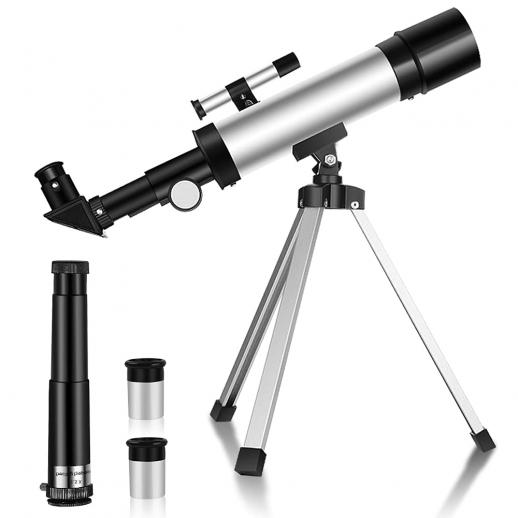
1. Online Retailers
Pros:
- Wide Selection: Online retailers often have a vast array of telescopes to choose from, ranging from beginner models to advanced professional equipment.
- Convenience: Shopping online allows you to compare different models, read reviews, and make a purchase from the comfort of your home.
- Competitive Pricing: Online stores frequently offer competitive prices and discounts, making it easier to find a telescope that fits your budget.
Cons:
- Lack of Physical Inspection: You can't physically inspect the telescope before purchasing, which can be a drawback if you're unsure about the specifications or quality.
- Shipping Costs and Time: Depending on the retailer, shipping costs can add up, and delivery times may vary.
Popular Online Retailers:
- Amazon: Known for its extensive selection and customer reviews, Amazon is a go-to for many telescope buyers.
- B&H Photo Video: Specializes in photography and video equipment, including telescopes, and offers expert advice.
- OpticsPlanet: Offers a wide range of optical equipment, including telescopes, with detailed product descriptions and customer reviews.
2. Specialty Astronomy Stores
Pros:
- Expert Advice: Staff at specialty stores are often knowledgeable about telescopes and can provide personalized recommendations based on your needs and experience level.
- Hands-On Experience: You can physically inspect and test different models before making a purchase.
- Community Engagement: These stores often host events, workshops, and star parties, providing opportunities to learn and connect with other astronomy enthusiasts.
Cons:
- Limited Locations: Specialty astronomy stores may not be available in all areas, requiring travel to visit one.
- Higher Prices: Prices at specialty stores can be higher compared to online retailers due to the added value of expert advice and hands-on experience.
Notable Specialty Stores:
- Orion Telescopes & Binoculars: Offers a wide range of telescopes and accessories, along with expert advice and support.
- High Point Scientific: Known for its knowledgeable staff and extensive selection of telescopes and accessories.
3. Big-Box Retailers
Pros:
- Accessibility: Big-box retailers like Walmart and Best Buy are widely available and often have telescopes in stock.
- Affordability: These stores often offer budget-friendly options, making them a good choice for beginners or those looking for a basic telescope.
Cons:
- Limited Selection: The range of telescopes available at big-box retailers is often limited compared to specialty stores or online retailers.
- Lack of Expertise: Staff at big-box stores may not have specialized knowledge about telescopes, making it harder to get expert advice.
Popular Big-Box Retailers:
- Walmart: Offers a selection of budget-friendly telescopes, suitable for beginners.
- Best Buy: Provides a range of telescopes, including some mid-range options, with the convenience of in-store pickup.
4. Second-Hand Markets
Pros:
- Cost Savings: Buying a used telescope can be significantly cheaper than purchasing a new one.
- Sustainability: Purchasing second-hand is an environmentally friendly option, reducing waste and promoting reuse.
Cons:
- Risk of Quality Issues: Used telescopes may have wear and tear or other issues that aren't immediately apparent.
- Limited Warranty: Second-hand purchases often come without a warranty, making it riskier if the telescope has problems.
Where to Buy Second-Hand:
- eBay: A popular platform for buying and selling used telescopes, with a wide range of options.
- Craigslist: Local classifieds can be a good place to find used telescopes, allowing you to inspect the item before purchasing.
- Astromart: A dedicated marketplace for astronomy equipment, offering a range of used telescopes and accessories.
5. Astronomy Clubs and Societies
Pros:
- Community Support: Joining an astronomy club or society can provide access to experienced members who can offer advice and recommendations.
- Try Before You Buy: Many clubs have loaner telescopes that you can try out before making a purchase.
- Discounts: Some clubs have partnerships with retailers, offering members discounts on telescope purchases.
Cons:
- Membership Fees: Joining a club may require paying membership fees, although the benefits often outweigh the costs.
- Availability: Clubs and societies may not be available in all areas, limiting access for some individuals.
Notable Clubs and Societies:
- Astronomical League: A national organization with local clubs across the United States, offering resources and support for amateur astronomers.
- Royal Astronomical Society of Canada (RASC): Provides resources, events, and support for astronomy enthusiasts in Canada.
Practical Tips for Buying a Telescope
1. Determine Your Budget: Decide how much you're willing to spend on a telescope. Keep in mind that higher-quality telescopes often come with a higher price tag, but there are good options available for all budgets.
2. Identify Your Needs: Consider what you want to observe (e.g., planets, deep-sky objects) and choose a telescope that meets those needs. Beginners may want to start with a simple, easy-to-use model, while more experienced astronomers might look for advanced features.
3. Research and Compare: Take the time to research different models and compare their features, prices, and reviews. Online forums and review sites can be valuable resources for gathering information.
4. Seek Expert Advice: If possible, consult with experts or experienced astronomers. Specialty stores, astronomy clubs, and online communities can provide valuable insights and recommendations.
5. Consider Accessories: Don't forget to budget for essential accessories like eyepieces, mounts, and star charts. These can enhance your stargazing experience and make it easier to find and observe celestial objects.
6. Check Return Policies and Warranties: Before making a purchase, review the retailer's return policy and warranty options. This can provide peace of mind in case the telescope doesn't meet your expectations or has any issues.
Buying a telescope is an exciting step for anyone interested in exploring the night sky. By considering the various options available, from online retailers to specialty stores and second-hand markets, you can find the perfect telescope to suit your needs and budget. Remember to do your research, seek expert advice, and take your time to make an informed decision. With the right telescope, you'll be well on your way to discovering the wonders of the universe.


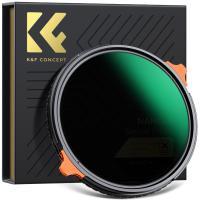

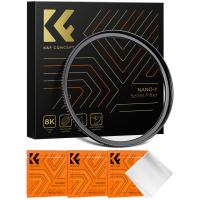
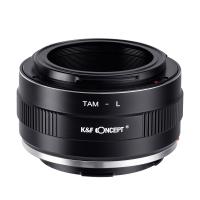
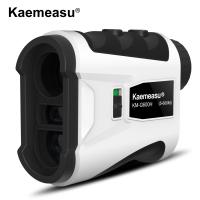
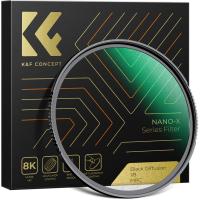
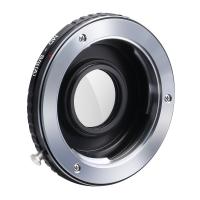

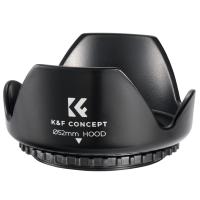

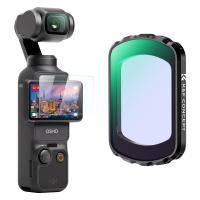

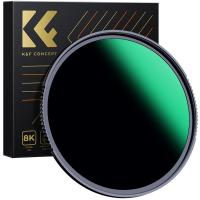
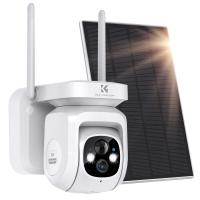
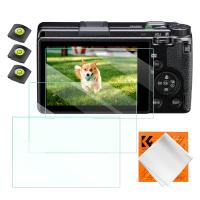

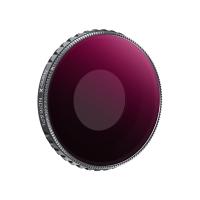
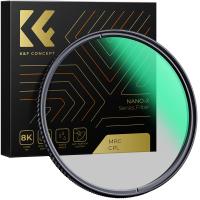
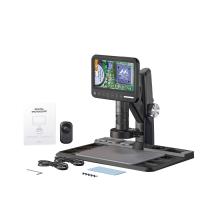

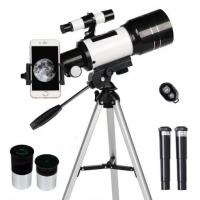

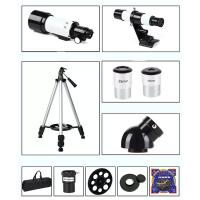


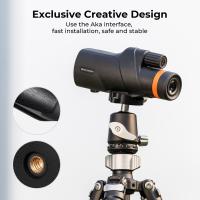
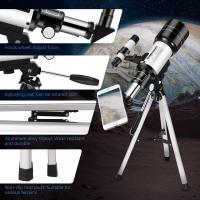



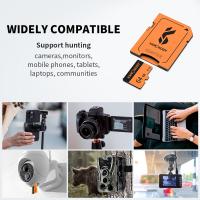
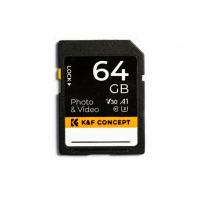
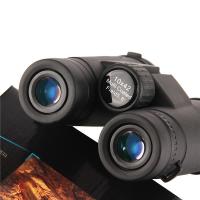

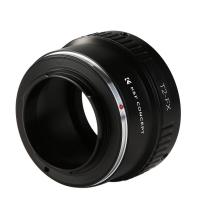
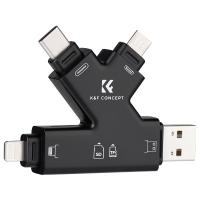


There are no comments for this blog.